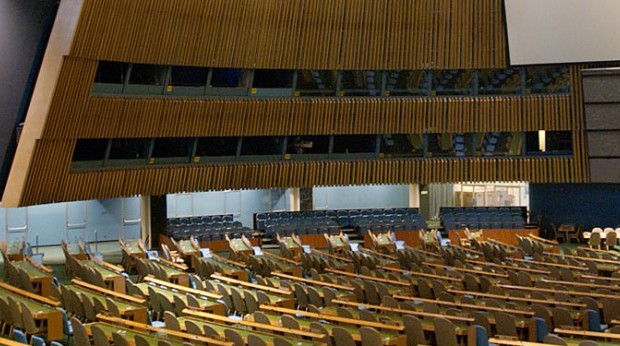
What 2021 will look like largely depends on ourselves: Make 2021 the year of the cessation of violence
The Covid-19 pandemic continues to present an onerous challenge to peace and human security around the world. Since the beginning of the pandemic, the number of people infected with Covid-19 has exceeded 60 million, of which nearly 1.5 million people have died. Despite vaccination programmes now being rolled out internationally, projections for 2021 have been far from optimistic. Whether as a result of increased food insecurity, more frequent epidemics, intrastate conflict, or climate-induced displacement, there has been a general consensus that the Covid-19 pandemic represents only the beginning of an increasingly unstable and unpredictable world.
The international community needs to consider the cessation of violent conflict as a means of generating the funds and stability required to tackle the current global health and economic crisis. Redirecting the focus from military spending to funding global health systems would have a multiplier effect on peace and human security, preventing the pandemic from further exacerbating conflict, economic stagnation and insecurity.
The background to Covid-19
In early 2020, the pandemic seemed like a distant problem for many of us. However, many of the problems that are now being exacerbated by Covid-19 were already on the radar.
To provide a few examples: in early 2020, it was apparent that the world was experiencing a deep crisis of multilateralism. States were increasingly turning to isolationism, nationalism and far-right ideologies, building new barriers for dialogue between countries and peoples. Stagnation in the global economy, inequality, and exclusionary policies sparked a wave of social protests around the world. And extremism and political violence seemed to be taking hold amongst this discontent, underpinning
resurgences in intrastate conflict.
It was amongst such complex and multifaceted challenges that the Covid-19 pandemic broke out. It has since gone on to exacerbate these issues- the end of which is not yet in sight. Since the beginning of the outbreak, the pandemic has cost the global economy an estimated $375 billion a month, with a predicted cumulative loss over 2 years of $12 trillion. Ideological isolationism and nationalism have grown, with the closing of borders increasingly seeing states turn inwards and retreat from international cooperation. And the pandemic has deepened existing vulnerabilities and inequalities, taking a disproportionate toll on women, persons with disabilities, older persons, refugees, migrants, and indigenous peoples.
What can be done?: The way forward
Under the grips of such a large scale health and economic crisis, there seems to be only one clear way forward: to declare 2021 as the year of the cessation of violent conflict, the transfer of UN member states’ military budgets to the development of the global health system, and meaningful action on international climate and economic issues.
At first glance, such a proposal seems unattainable in a world of “real politics”. However, it is worth noting, in particular, one argument in favour of this proposal: the funds required to combat Covid-19 represents a small fraction of global military spending. Military expenditure in many countries accounts for up to 10 percent of GDP. In 2020, despite the ongoing crisis, the military budgets of only 10 countries amounted to an estimated $1.310 trillion.
With these figures in mind, it is worth noting that an estimated $100 billion dollars are needed to combat the short-term consequences of the pandemic. According to the WHO’s Access to Covid-19 Tools (ACT) Accelerator, there remains a funding gap of $27.2 billion for the development of the programs required for treatments and vaccine rollouts until the end of 2021 alone.
Given the substantial economic cost of the ongoing pandemic and its conflict multiplier effect- and the predicted benefits for economic growth and peace once Covid-19 is overcome- the redirection of military spending would provide a crucial first step in tackling the ongoing global crises.

